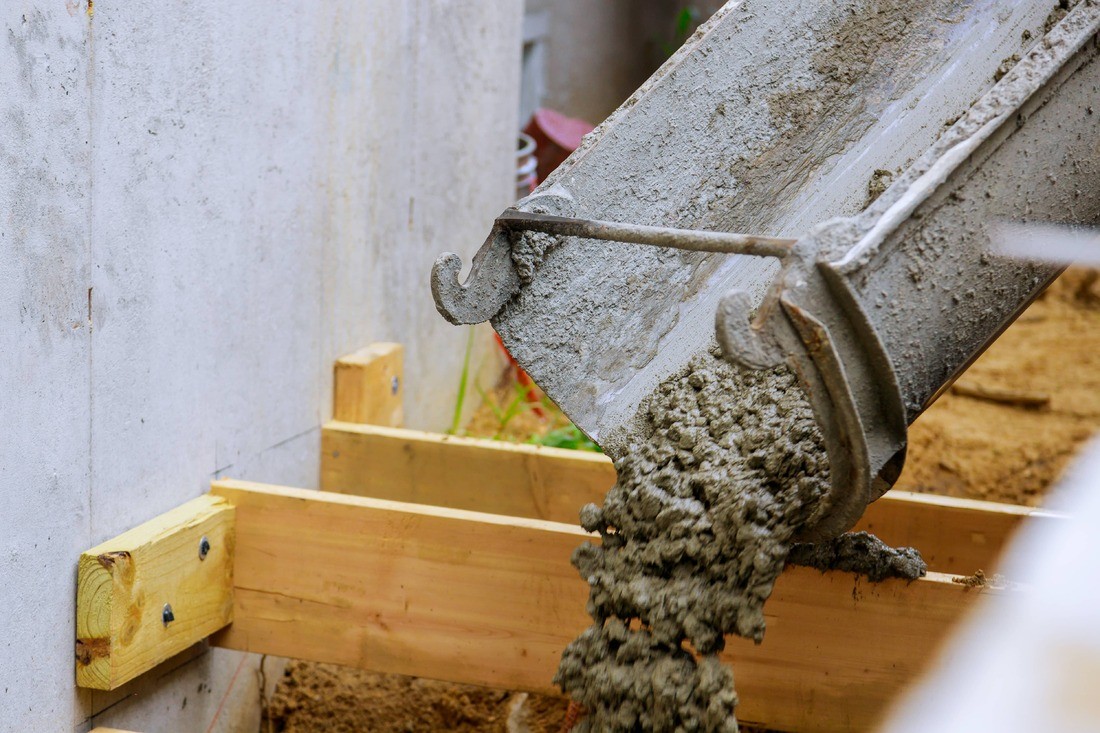
Introduction
Water damage can be a homeowner’s worst nightmare. When it comes to water damage in the basement, it’s important to act quickly to prevent further damage to your home. One effective way to address this issue is through basement water extraction methods. In this article, we will explore different techniques and approaches for basement water extraction that can help you mitigate the damage caused by flooded basements. Whether the water is due to heavy rains, a faulty sump pump, or appliance failure, these methods can help you restore your basement and prevent further damage to your property.
1. Sump Pump

A sump pump is a common method used for basement water extraction. This device is typically installed in the lowest part of your basement or crawl space. It’s designed to collect water and pump it away from your home.
When using a sump pump for basement water extraction, it’s important to ensure that the pump is in good working condition. Regular maintenance and inspections can help identify any issues and prevent future flooding.
2. Wet/Dry Vacuum
A wet/dry vacuum is another effective tool for basement water extraction. This portable device can be used to remove standing water from your basement. It’s important to choose a wet/dry vacuum with a sufficient capacity to handle the amount of water in your basement.
When using a wet/dry vacuum, be sure to follow the manufacturer’s instructions and take necessary safety precautions. This method is suitable for small-scale water extraction, but it may not be practical for larger basement flooding.

3. Water Extraction Professionals
In some cases, it may be necessary to seek professional help for basement water extraction. Water extraction professionals have the equipment and expertise to quickly and effectively remove water from your basement.
These professionals use specialized tools, such as industrial-grade pumps, to extract large amounts of water efficiently. They also have drying equipment to help prevent mold growth and further damage to your property. Hiring water extraction professionals can ensure that the job is done thoroughly and safely.
4. Dehumidifiers
Using dehumidifiers is an important step in basement water extraction. Dehumidifiers help remove excess moisture from the air, reducing the risk of mold and mildew growth.
Place dehumidifiers strategically in your basement to maximize their effectiveness. It’s important to empty and clean the dehumidifier regularly to maintain optimal performance.
5. Waterproofing Methods
To prevent basement water damage in the future, consider implementing waterproofing methods. These methods include sealing cracks and gaps in the foundation, improving drainage systems, and installing a waterproofing membrane.
By addressing the root causes of basement water issues, you can significantly reduce the risk of future flooding and water damage.
6. Proper Landscaping
Avoiding basement water damage starts from the outside. Proper landscaping can help divert water away from your home’s foundation, reducing the risk of basement flooding.
Ensure that your property slopes away from your foundation, and consider installing features like French drains or gutters to channel water away from your basement.
Conclusion
Dealing with basement water damage can be overwhelming, but with the right basement water extraction methods, you can mitigate the damage and protect your home. Whether you choose to utilize a sump pump, a wet/dry vacuum, or hire water extraction professionals, it’s crucial to act quickly and effectively. Additionally, implementing preventative measures like waterproofing and proper landscaping can help minimize the risk of future basement water damage. Remember, if you’re unsure or uncomfortable handling basement water extraction on your own, it’s always best to seek professional help to ensure the job is done safely and effectively.



